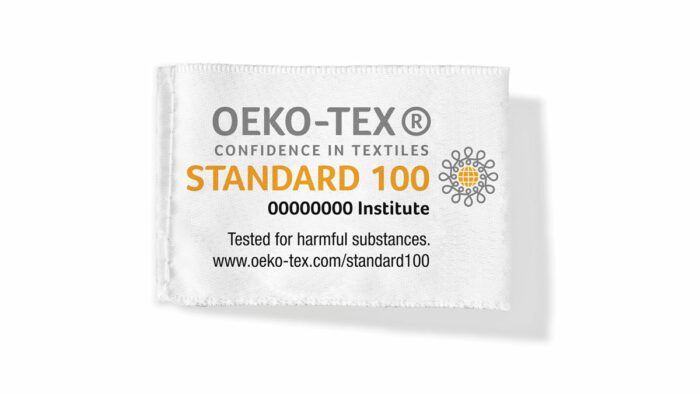
Q: I’ve been noticing fabrics sold by online retailers labeled as “Oeko-Tex certified.” Is this the same as organic?
—Sharon Hill, via email
A: Threads Senior Technical Editor Carol J. Fresia replies: The short answer is that Oeko-Tex doesn’t mean organic, although it is a useful certification. Since 1992, the International Association for Research and Testing in the Field of Textile Ecology (now known as Oeko-Tex) has developed and promoted standards of safety and confidence along the entire textile production and supply chain. The organization’s goal has always been to encourage transparency for everyone involved in this chain, from manufacturers to workers to consumers.
To ensure safety, the association originally focused on testing textiles for harmful substances, regulated and unregulated. The list of substances is updated annually in accordance with new findings about chemical toxicity. Products tested range from
apparel to any textile items a person might come in contact with, such as home décor and bed and bath linens. In addition to testing the fabrics, Oeko-Tex tests thread, closures, and applied prints or embellishments.
The Standard 100 certification indicates that an item has been tested for the current catalogue of harmful substances. Oeko-Tex also issues the Made in Green certification for textiles and leather goods that have been manufactured under sustainable and socially responsible conditions. There are other certifications as well, applying to leather products, dyes and other chemicals, and production facilities.
The certification most likely to apply to fabric yardage available for purchase by a home sewer is Standard 100. Any textile with this label can be trusted to be free of known harmful subtances. The Oeko-Tex organization says all Oeko-Tex certified items are supposed to carry the organization’s official label. Their guidelines specify that “if mentioned online, the . . . label must be included on either the packaging or the product.” Each label includes a unique identification number and lists the institute where the testing was carried out. If the item is Made in Green certified, the label may also provide a QR code you can use to obtain information about where and how the product was manufactured.
The obstacle for a home sewer, however, is that this detailed label is rarely included with fabric yardage, nor shown on a website. I have seen the label on fabric in home décor stores, but never on fabrics intended for apparel. When ordering online, you have to trust the vendor is truthful when identifying fabric as Oeko-Tex certified. If this certification is important to you, I advise you to contact the vendor directly and inquire about the label. I haven’t heard of any fraudulent uses of the name Oeko-Tex, but with growing concerns over the health, environmental, and social impact of textile manufacturing processes, it is possible that less-than-scrupulous wholesalers or retailers might make false claims about the products they sell. Caveat emptor.








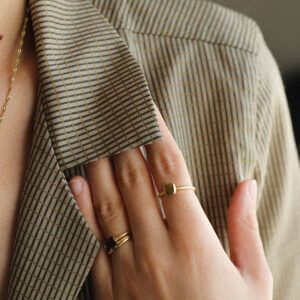
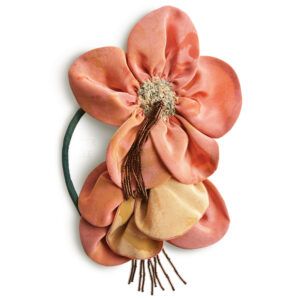
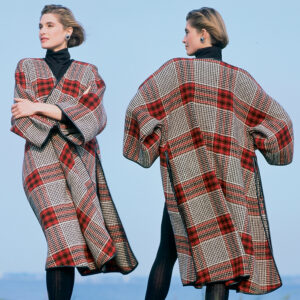
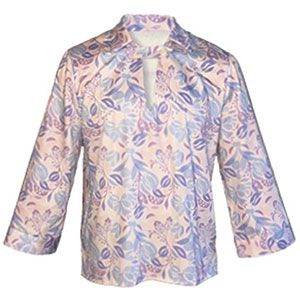
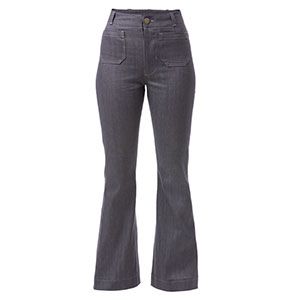
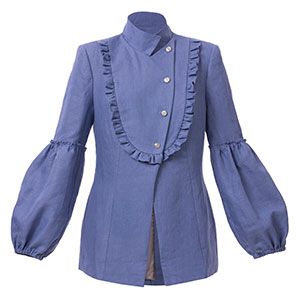
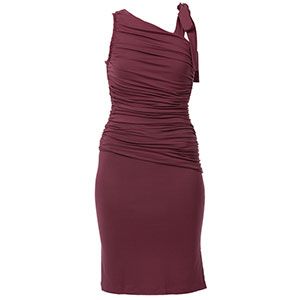
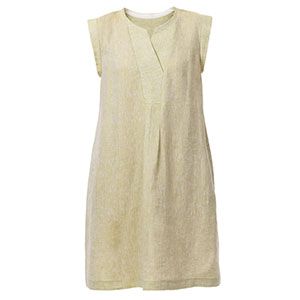
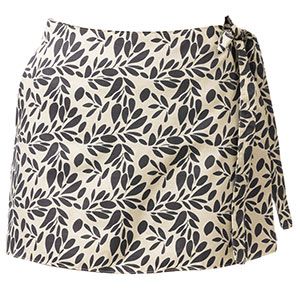
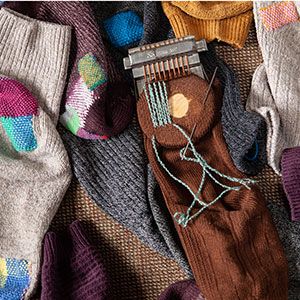
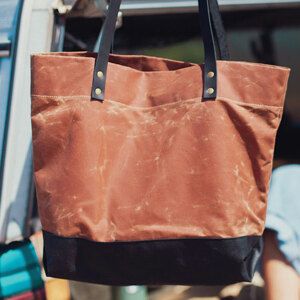
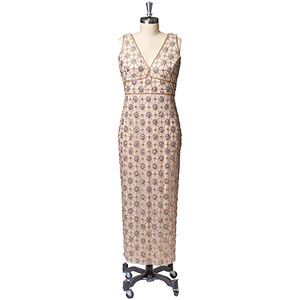
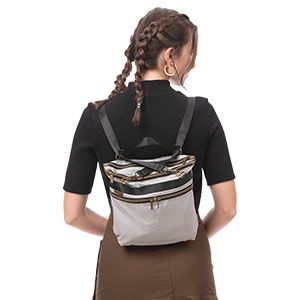
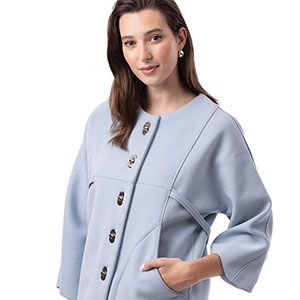
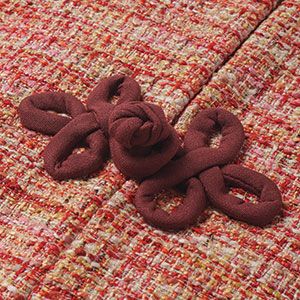
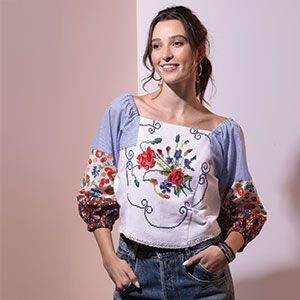







Log in or create an account to post a comment.
Sign up Log in